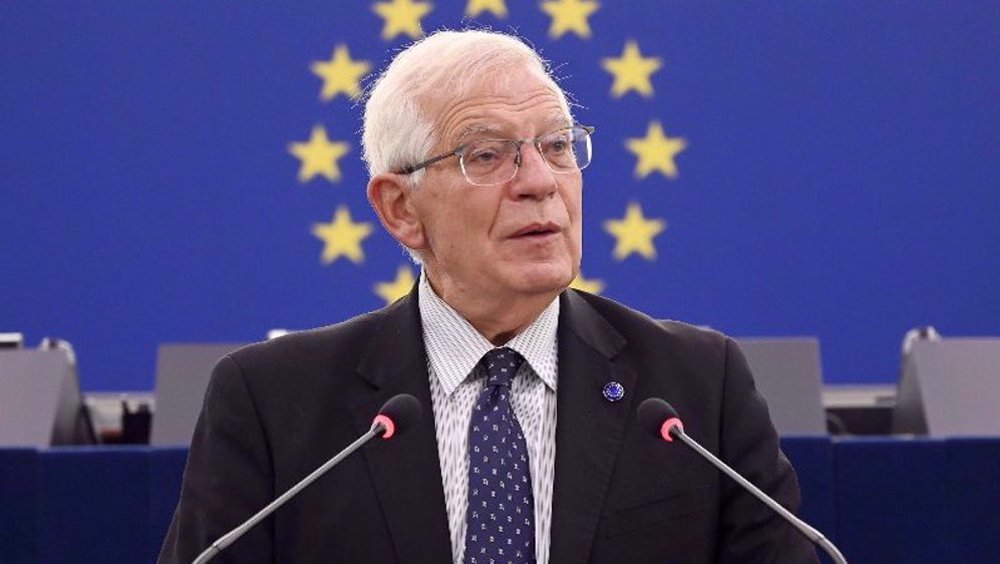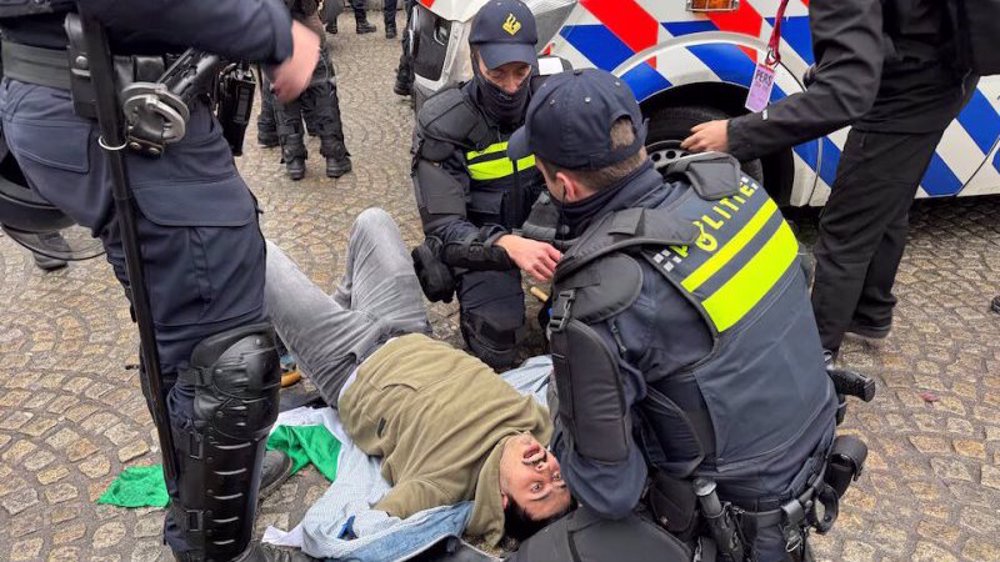Voters in Italy’s Lombardy, Veneto back greater autonomy
People in two of Italy’s richest northern regions have voted overwhelmingly in favor of more autonomy in twin plebiscites that were held against the backdrop of Catalonia’s push for secession from mainland Spain.
Regional leaders of Lombardy and Veneto said more than 90 percent of the voters in the two regions said ‘Yes’ in the non-binding referenda on grabbing greater powers from the central government in Rome.
Together, Lombardy, home to Italy’s financial capital of Milan, and Veneto, which includes the famous tourist destination of Venice, account for a third of the Italian economy and about one-quarter of Italy’s electorate.
The resounding ‘Yes’ votes gives the local authorities in the neighboring regions a stronger hand in negotiations to seek a greater share of tax revenue and grab more powers from Rome in different fields such as security, immigration, education and environment.
Unlike in Catalonia, the twin plebiscites do not seek separation and had the approval of Italy’s constitutional court.
Veneto President Luca Zaia praised the vote’s outcome as an institutional “big bang,” but assured that the region is not pursing a secessionist agenda, similar to the one that has triggered a constitutional crisis in Spain.

In Milan, his counterpart in Lombardy, Roberto Maroni, said that with the votes, the two regions “can unify our forces so we can do the battle of the century.”
The developments in northern Italy regions come shortly after an independence referendum held in Catalonia on October 1 in defiance of the central Spanish government as well as a constitutional court ruling declaring the secession bid illegal.
Catalonia’s independence drive has triggered one of the worst national crises in Spain.
In an effort to crush the separatist movement in the northeastern region, Spanish Prime Minister Mariano Rajoy has called on the Senate to activate a previously untapped section of the constitution that authorizes Madrid to temporarily intervene in the running of an autonomous region if its leaders have broken the law.
VIDEO | Press TV's news headlines
Iran FM: Response to Israeli aggression 'inevitable'
VIDEO | Iran eases the rules for exporting hand-woven carpets
VIDEO | Intl. Day for the Elimination of Violence against Women: A stark reminder of Gaza women
Australia denies ex-Israeli minister Shaked visa
VIDEO | 85% of Yemeni displaced people face daily hunger crisis
US House passes bill targeting charities and pro-Palestine groups
VIDEO | Supporting Gaza genocide












 This makes it easy to access the Press TV website
This makes it easy to access the Press TV website